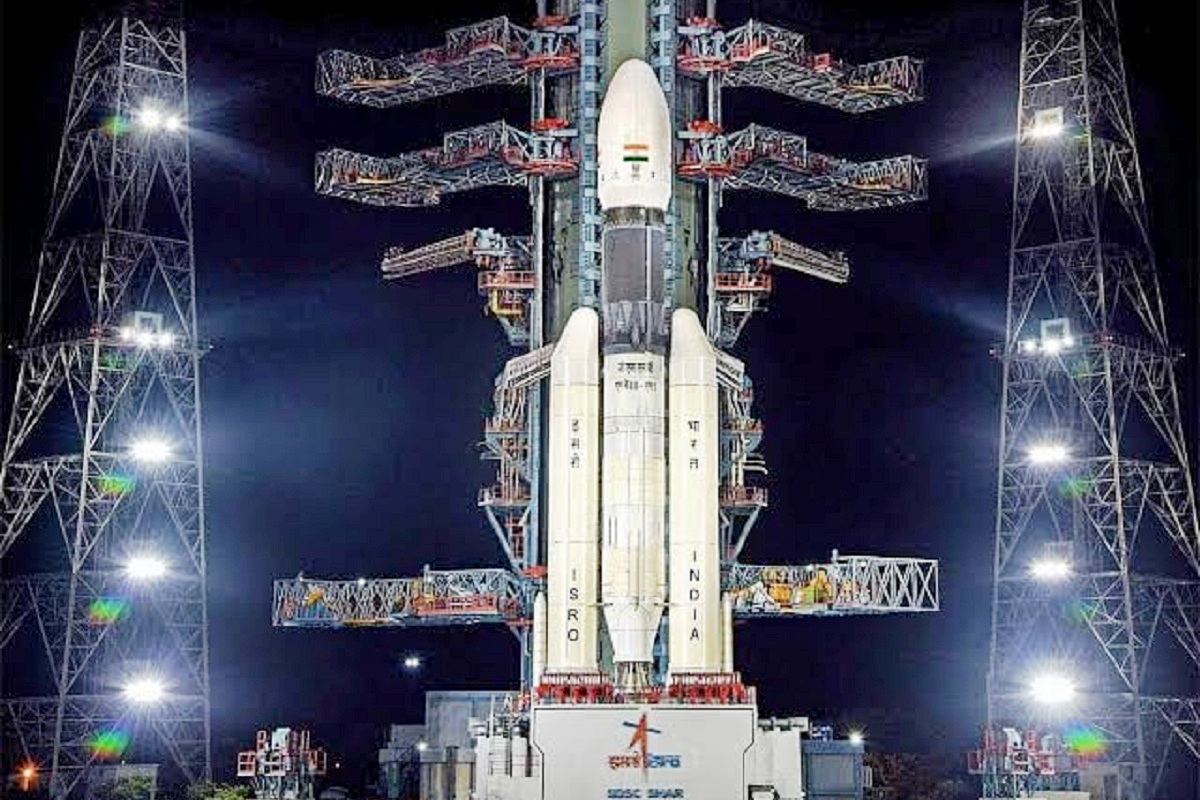The Indian Space Research Organisation (ISRO) has set the launch of the much-awaited Chandrayaan-3 from the Satish Dhawan Space Centre, Sriharikota, at 2.35 pm IST on July 14, 2023. It is anticipated that the lander will soft-land on the lunar surface on August 23 or 24, 2023.
This lunar mission is a subsequent follow-up to Chandrayaan-2, which was launched in September 2019 but crashed on the moon’s surface when the soft landing attempt failed due to issues with the onboard computer and propulsion system.
Advertisement
The Chandrayaan-3 mission aims to display end-to-end capability for a secure lunar landing and wandering.
The spacecraft, which consists of a separate lander and rover module, is anticipated to touch down close to the Moon’s South Pole and stay in operation for one lunar day, which is equivalent to 14 Earth days.
The propulsion module of the current expedition will be following the same trajectory as Chandrayaan-2, orbiting the earth multiple times before launching towards the moon. The module will drop itself to a 100 x 100 kilometre circular orbit once it enters the moon’s gravitational pull. The lander will separate at that point and fall to the surface.
From the moment of launch, it will take the module around a month before it reaches the moon. The planned dates of August 23 and 24 for the landing could change based on when the Sun rises above the Moon. The landing will be scheduled for September by ISRO if there happens to be a delay.
The descent was referred to as ‘15 minutes of terror’ by the previous ISRO chairperson K Sivan.
The ‘Vikram’ lander, named after Vikram Sarabhai, will begin deploying its four scientific payloads once it reaches the lunar surface to investigate the moon’s subsurface features and surface temperature. The ‘Spectro-polarimetry of HAbitable Planet Earth’ (SHAPE) instrument, which is part of the module, will gather information regarding the light that the earth emits and reflects.
The ‘Pragyan’ rover will explore the lunar surface while conducting chemical tests to investigate it.











